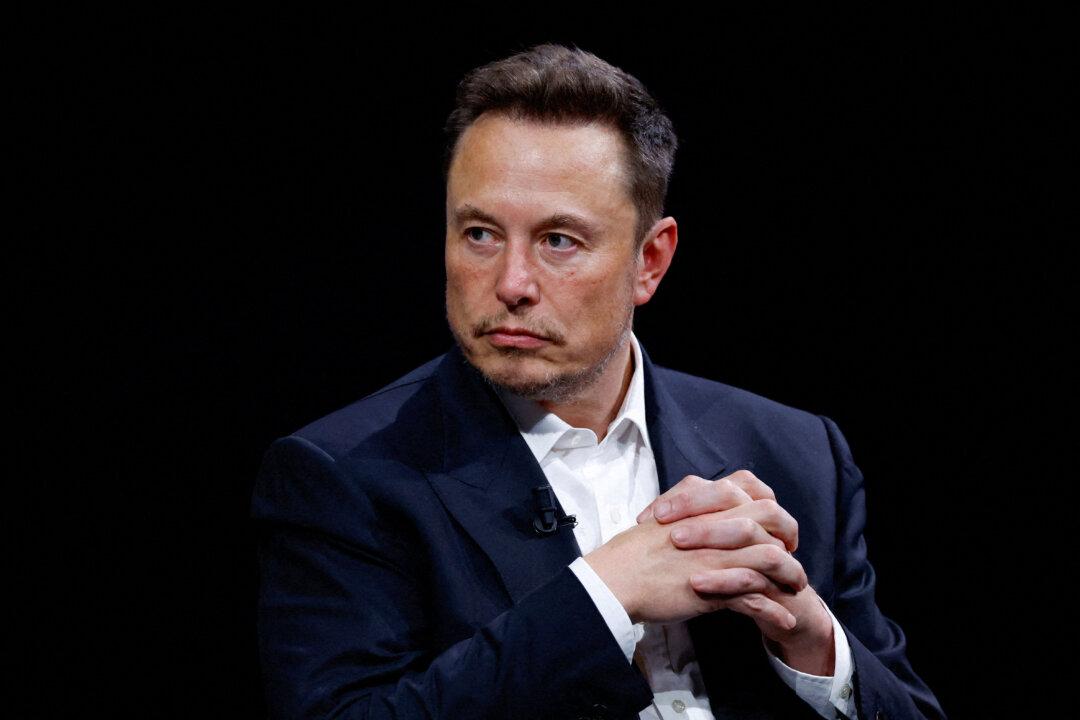Elon Musk has filed a lawsuit against OpenAI and its co-founders, alleging that they violated the company’s founding agreement by developing artificial intelligence (AI) for profit rather than advancing it for the good of humanity.
Mr. Musk, who was an original board member of OpenAI but left in 2018, said in his complaint that the defendants—OpenAI CEO Sam Altman and President Greg Brockman—broke their pledge to develop AI “for the benefit of humanity” and are instead pursuing profit and power.





